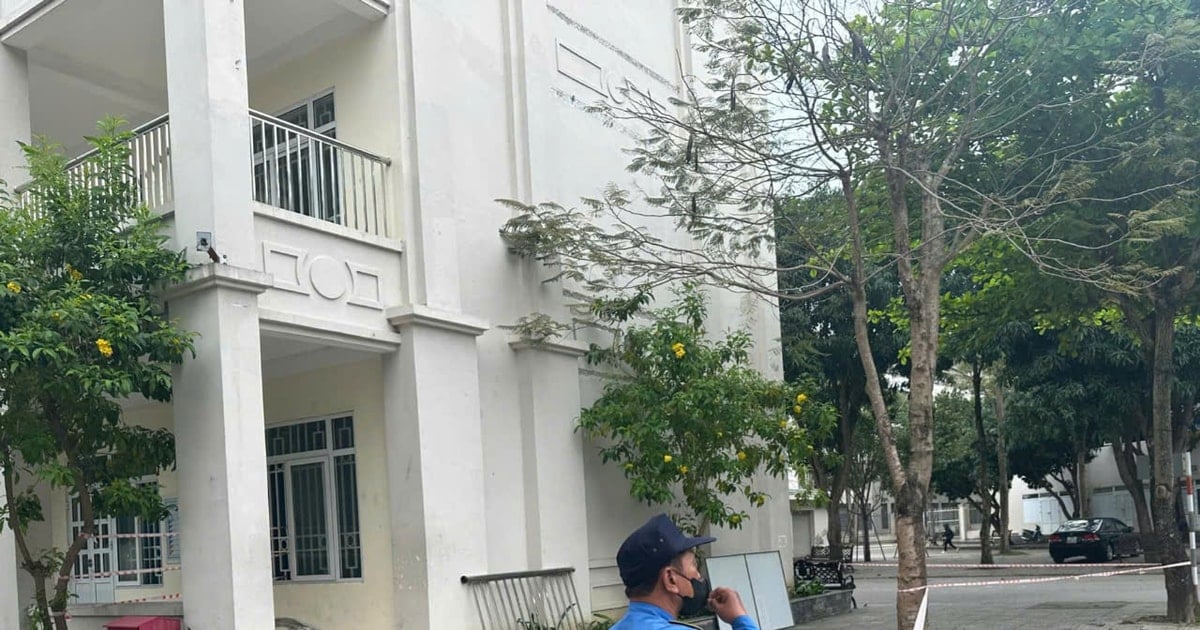From July to September 2024, Vietnam's cybersecurity situation is becoming more complex than ever, with a combination of traditional attack methods and emerging tricks.
Kaspersky data shows that 18.7% of Vietnamese Internet users have been targeted by online attacks, ranking Vietnam 87th among the most vulnerable countries.

Also in the third quarter of this year, cybersecurity experts detected more than 20 million incidents related to malware spread via offline methods such as removable USB drives and other local devices, affecting 34.1% of Vietnamese users. This figure puts Vietnam in 27th place globally among countries vulnerable to attacks and affected by local threats.
One of the most common attack methods is still drive-by downloads. In this form, when users visit hacked websites, cybercriminals can silently install automatic software on the victim's device without their knowledge. Even more alarming, these attacks are becoming increasingly sophisticated, easily "bypassing" even the most modern security software.
In addition, a common trick is to impersonate reputable organizations to lure users to download malware under the guise of legitimate applications or emergency notifications.
In August 2024, Tay Ninh provincial police successfully dismantled a large cybercrime network specializing in online fraud with transaction amounts of up to 25,000 billion VND.
Statistics from recent cases have clearly exposed the alarming reality of cyber attacks in Vietnam. Not only are they increasing in number, these attacks are also becoming more sophisticated and complex.
In the face of rapidly increasing cyber security threats, Kaspersky recommends that organizations and individuals in Vietnam adopt a multi-layered security strategy. Cyber security experts have made 7 recommendations.
Regular data backups: This helps ensure against data loss in the event of a ransomware attack.
Update software regularly: This helps prevent attacks and exploits from security holes.
Enhance account protection: Create strong, unique passwords for each online account and use a password manager to easily store passwords. Users should also enable multi-factor authentication for financial and work-related accounts.
Be wary of suspicious communications: Always be wary of unexpected emails, texts, or calls asking for personal information.
Invest in advanced cybersecurity solutions: Especially for businesses like KUMA, XDR…
Regularly update information with Threat Intelligence: Thanks to that, businesses and organizations can grasp the tactics, techniques and procedures (TTPs) used by criminals, thereby preparing more effectively against attack risks.
Raise cybersecurity awareness among employees.
Source: https://kinhtedothi.vn/an-ninh-mang-viet-nam-dung-truoc-nhieu-moi-de-doa.html



![[Photo] General Secretary To Lam holds talks with General Secretary and President of China Xi Jinping](https://vstatic.vietnam.vn/vietnam/resource/IMAGE/2025/4/14/b3d07714dc6b4831833b48e0385d75c1)

![[Photo] Hanoi people warmly welcome Chinese General Secretary and President Xi Jinping on his State visit to Vietnam](https://vstatic.vietnam.vn/vietnam/resource/IMAGE/2025/4/14/d6ac6588b9324603b1c48a9df14d620c)
![[Photo] Ceremony to welcome General Secretary and President of China Xi Jinping on State visit to Vietnam](https://vstatic.vietnam.vn/vietnam/resource/IMAGE/2025/4/14/5318f8c5aa8540d28a5a65b0a1f70959)
![[Photo] Prime Minister Pham Minh Chinh chairs conference to review the implementation of Resolution No. 18-NQ/TW](https://vstatic.vietnam.vn/vietnam/resource/IMAGE/2025/4/14/dcdb99e706e9448fb3fe81fec9cde410)

























































































Comment (0)